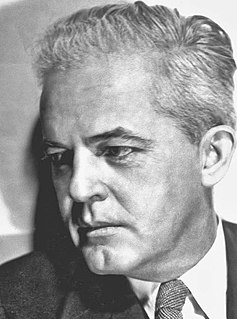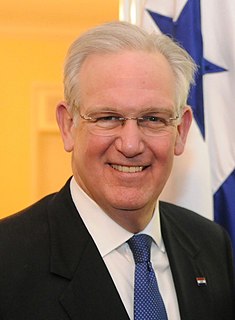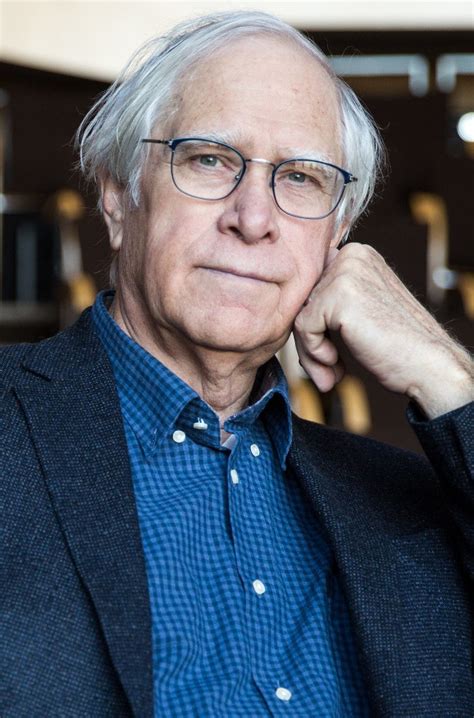A Quote by Mark Twain
The Mississippi River will always have its own way; no engineering skill can persuade it to do otherwise.
Quote Topics
Related Quotes
The river itself has no beginning or end. In its beginning, it is not yet the river; in the end it is no longer the river. What we call the headwaters is only a selection from among the innumerable sources which flow together to compose it. At what point in its course does the Mississippi become what the Mississippi means?
Hollywood's fickle. It's always been that way, and it will always be that way. And it's always going to be somebody new and exciting comes along. That's just the way it works, and it will always work that way. And I think that if you give it everything to the exclusion of your own real life and family, you've sold yourself down the river.
Clearly we're in historic times here. We have - one of the tributaries of the Mississippi River is a river called the Merrimack. And the crest areas there - they're going to be a number of feet, 2, 3, 4, over what they were in '93 or '82. And on the Mississippi River itself, down below St. Louis, we're still projecting a couple of feet over that historic number. So the bottom line is there's a significant amount of water that's causing evacuations and challenges throughout that whole area.
In the space of one hundred and seventy-six years the Mississippi has shortened itself two hundred and forty-two miles. Therefore, in the Old Silurian Period the Mississippi River was upward of one million three hundred thousand miles long, seven hundred and forty-two years from now the Mississippi will be only a mile and three-quarters long. There is something fascinating about science. One gets such wholesome returns of conjecture out of such a trifling investment of fact.


































